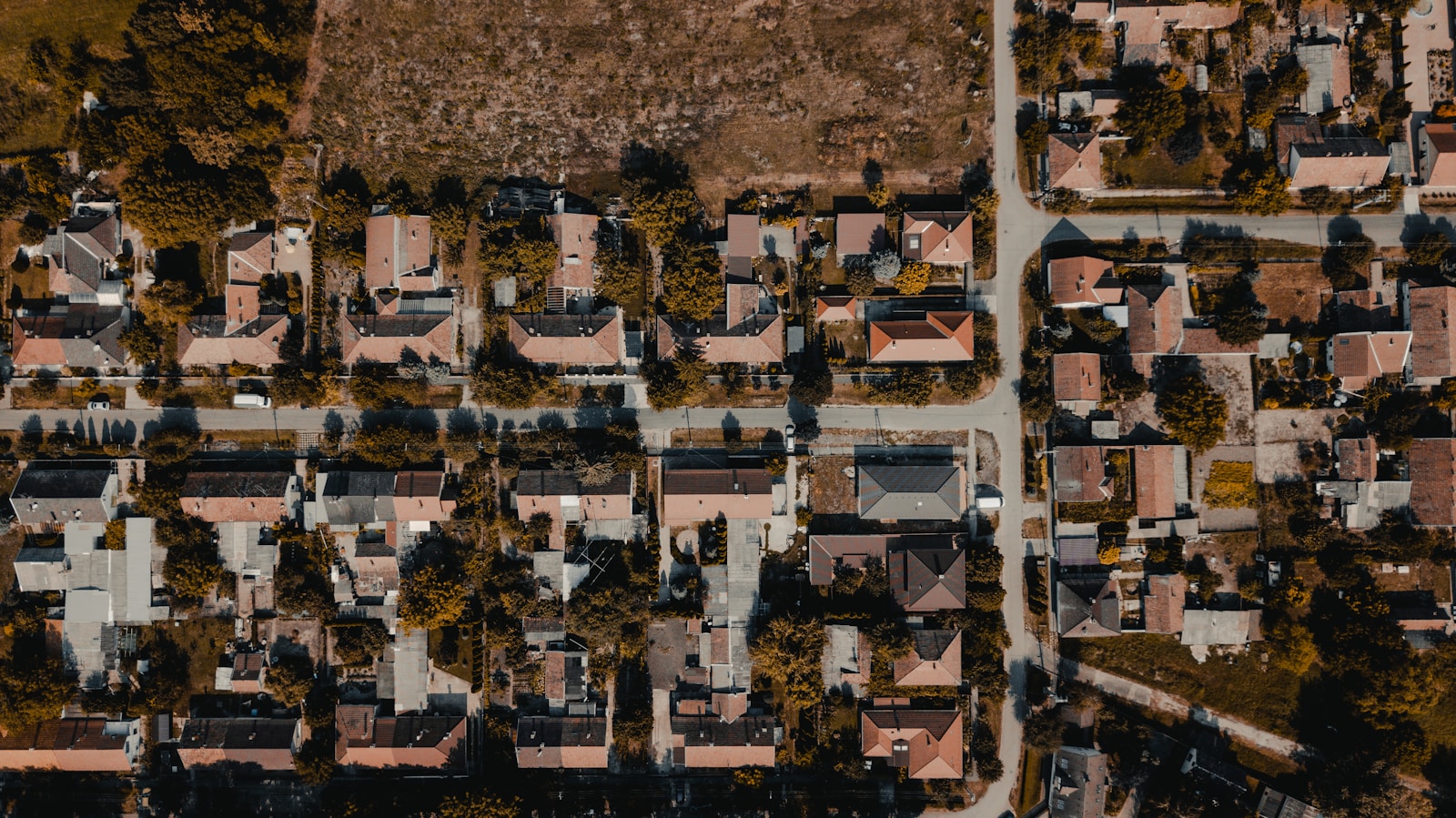Supreme Court: Decree Passed in Favour of Deceased Parties is a Nullity, Trial Court Decree Revived for Execution

Introduction
Bringing long-awaited closure to a two-decade-old land allotment dispute, the Supreme Court of India has reiterated that a judicial decree passed in favour of deceased parties, without substitution of their legal heirs, is a nullity in law and cannot extinguish a valid trial court decree. Deciding the case of Vikram Bhalchandra Ghongade v. State of Maharashtra & Ors.[1], the Court held that such a decree, rendered in violation of Order XXII of the Code of Civil Procedure, 1908 (CPC), is devoid of legal effect and cannot be enforced. Emphasizing that “justice cannot be pronounced in favour of the dead,” the Court restored execution proceedings in favour of the legal heir of the original plaintiffs, reaffirming the primacy of procedural compliance in maintaining the validity of judicial outcomes.
Table of Contents
Background of the Case
The dispute arose over the allotment of agricultural land located in Survey Nos. 106 and 107/1 at Village Takarkheda, Taluka Arvi, District Wardha (Maharashtra). The land had originally been allotted to Mr. Arjunrao Thakre, an ex-serviceman, under a government rehabilitation scheme. After his death, the Collector, Wardha, allegedly re-allotted the same parcel of land to other private individuals.
Challenging this re-allotment, the legal heirs of Mr. Thakre filed Regular Civil Suit No. 181 of 2001, seeking a declaration that the subsequent allotment was illegal and that they continued to be the rightful owners entitled to possession. The Trial Court, by its judgment dated 14 August 2006, upheld their claim, holding the re-allotment void and recognizing the heirs as lawful owners of the property.
The opposing parties challenged this verdict by filing a first appeal under Section 96 of the Code of Civil Procedure, 1908 (CPC). During the pendency of that appeal, two of the appellants passed away, one in October 2006 and the other in September 2010. Their legal heirs were never brought on record as required under Order XXII of the CPC, which mandates substitution of deceased parties to prevent abatement of proceedings.
Despite this procedural lapse, the First Appellate Court proceeded to hear the matter on 28 September 2010 and pronounced judgment on 20 October 2010, modifying the trial court decree by limiting the entitlement of the plaintiffs to only part of the land. The legal heirs of Mr. Thakre later filed a second appeal under Section 100 CPC, which was initially dismissed as abated but subsequently restored by the Bombay High Court in 2012 after acknowledging that the appellants in the first appeal had passed away before its adjudication.
The appellants then withdrew the second appeal, asserting that since the first appeal had already abated, the trial court decree automatically stood revived. Relying on this position, Vikram Bhalchandra Ghongade, representing the legal heirs of the original plaintiffs, filed Regular Darkhast No. 22 of 2022 to execute the 2006 decree. The Executing Court, however, rejected the plea, holding that the trial court decree had merged into the appellate decree a view later upheld by the Bombay High Court in Writ Petition No. 5791 of 2023, leading to the present appeal before the Supreme Court of India.
Key Legal Issue
Whether the first appellate decree, passed in favour of parties who had died before the hearing, was legally valid and consequently, whether the trial court’s decree could be executed.
Findings of the Supreme Court
The Supreme Court Bench delivered a decisive ruling in favour of Vikram Bhalchandra Ghongade, setting aside the orders of both the Executing Court and the Bombay High Court.
The Court held that the decree passed by the First Appellate Court was a nullity, since it had been rendered in an appeal where both appellants had already passed away prior to the hearing. Their legal heirs were never substituted, as required under Order XXII of the Code of Civil Procedure (CPC). Consequently, any adjudication made in such circumstances, the Court said, was void ab initio and incapable of modifying or superseding the trial court decree.
The Bench clarified that Order XXII Rule 6 CPC, which allows a case to proceed when a party dies after the conclusion of arguments but before judgment, was not applicable in this instance. Both appellants had died before the commencement of the hearing. Thus, the appellate judgment, delivered on 20 October 2010, had no legal effect.
Reiterating settled legal principles, the Court referred to key precedents including:
to emphasize that a decree passed in favour of a deceased person is void and unenforceable, and its invalidity can be raised even during execution proceedings.
The Court observed:
“The decree passed by the first appellate court having been passed in an appeal where both the appellants had expired prior to the appeal being heard, its decree in favour of dead persons was a nullity. The decree passed by the trial court, therefore, is liable to be executed.”
Accordingly, the Supreme Court restored the execution proceedings in Regular Darkhast No. 22 of 2022, directing the Executing Court to proceed in accordance with law. The Bench also noted that the legal heirs of the deceased appellants had not taken any steps to join the proceedings even after the initiation of execution, reinforcing the appellant’s entitlement to enforce the original trial court decree.
Key Takeaways
- A decree passed in favour of dead litigants is void ab initio.
- Order XXII CPC compliance is mandatory; failure to substitute legal heirs leads to abatement of proceedings.
- A null decree has no legal effect and can be challenged even during execution.
- The decision highlights that procedural lapses affecting jurisdiction strike at the root of judicial validity.
Conclusion
The Supreme Court’s ruling in Vikram Bhalchandra Ghongade v. State of Maharashtra & Ors. serves as a clear reaffirmation of the principle that procedural compliance is integral to the validity of judicial proceedings. By declaring that a decree passed in favour of deceased litigants without substitution of their legal heirs is a nullity, the Court has reinforced that jurisdictional defects strike at the very foundation of adjudication and cannot be cured by technical reasoning or oversight.
The decision highlights that a void decree carries no legal force and its invalidity may be raised at any stage, even during execution. It also clarifies the limited scope of Order XXII Rule 6 CPC, which cannot be invoked when death occurs before the hearing of a case. In restoring the execution of the trial court decree, the Supreme Court emphasized that judicial outcomes must rest on procedural fairness and due process, not on technical shortcuts that compromise the legitimacy of justice.
Ultimately, the judgment is a reminder that the law does not recognize decrees in favour of the dead a principle that preserves both the integrity of civil procedure and the credibility of judicial pronouncements.
For more details, write to us at: contact@indialaw.in
[1] 2025 INSC 1283 (Arising out of Special Leave Petition (Civil) No. 9947 of 2024)
[2] Civil Appeal No. 2275 of 1994 decided on 11.01.1994
[3] 2001 INSC 263
[4] 1954 INSC 45
By entering the email address you agree to our Privacy Policy.



